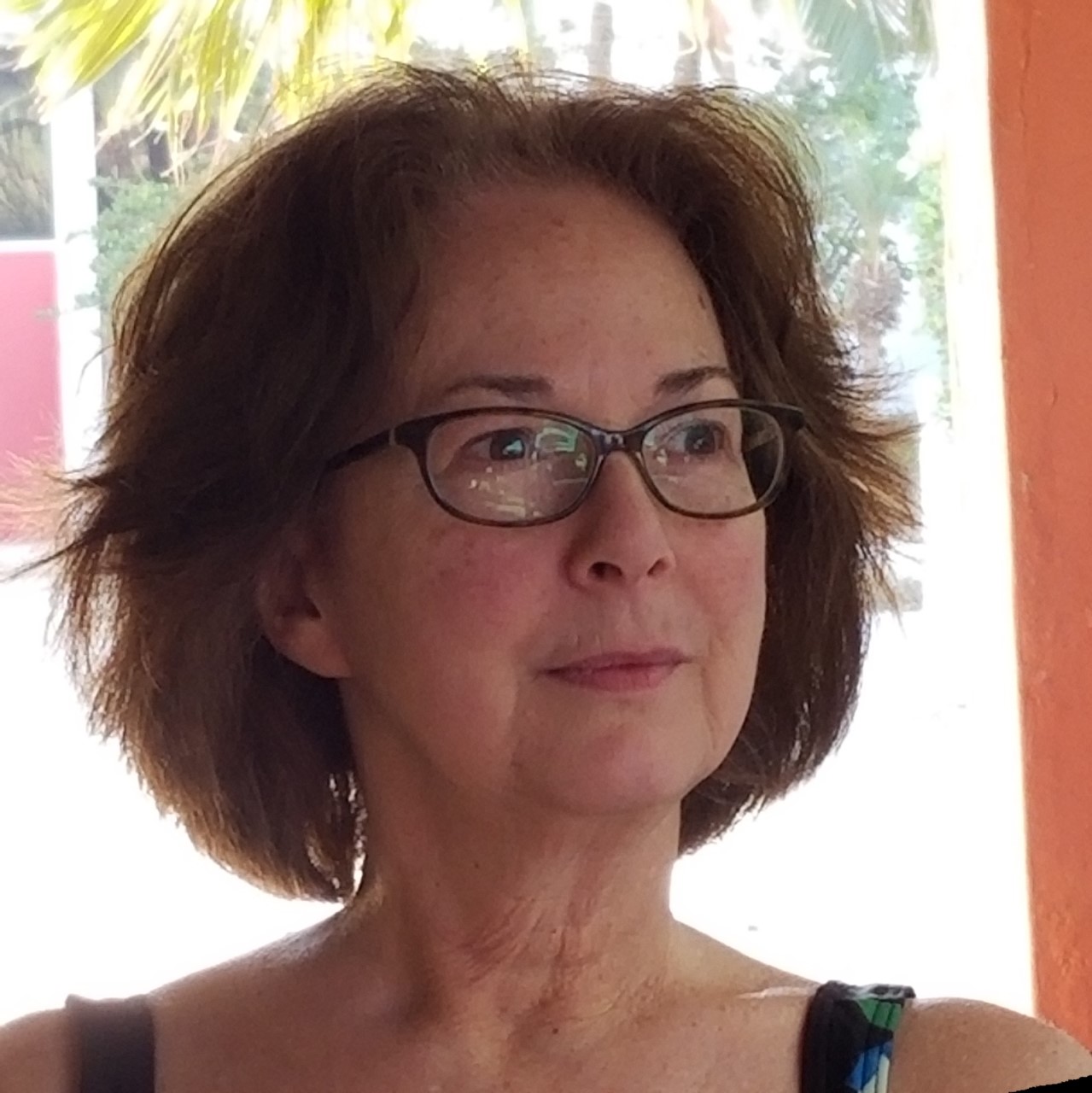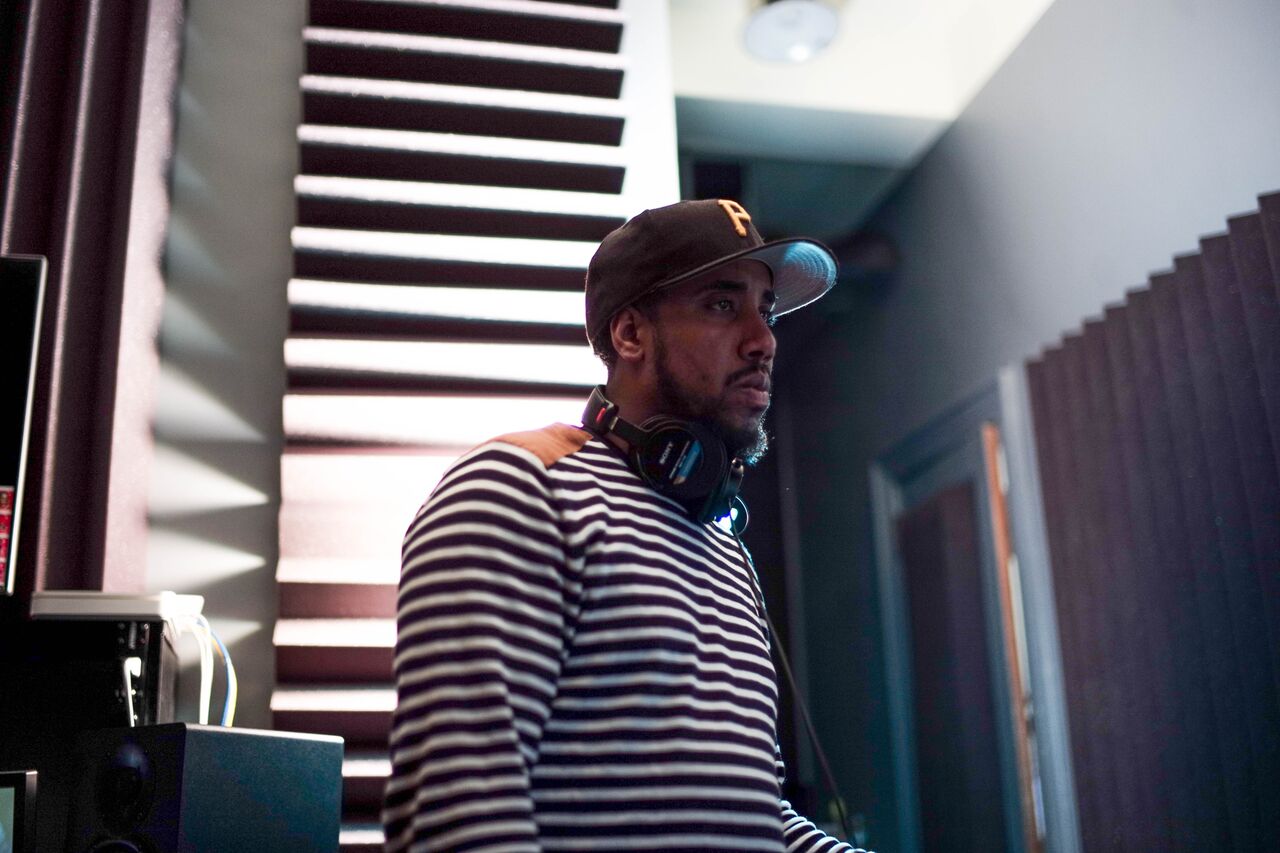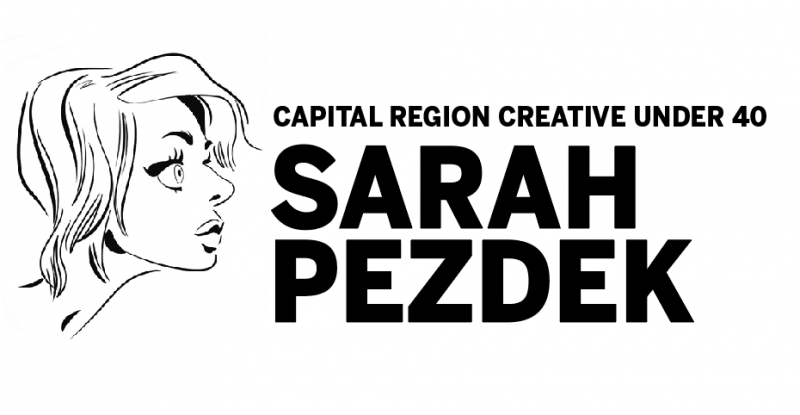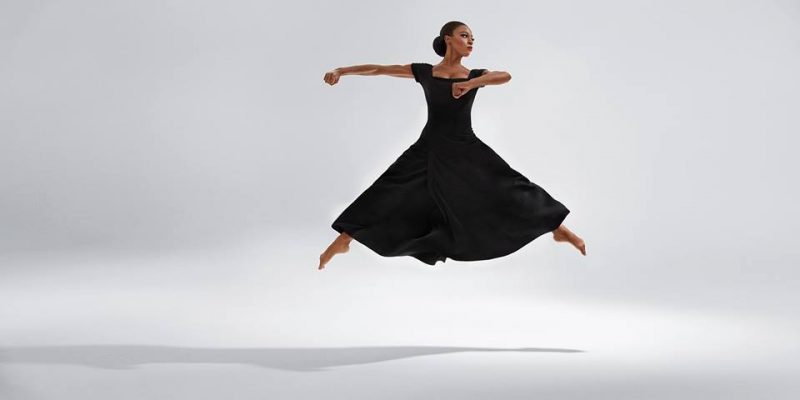In 1981, at the age of 24, I was President Ronald Reagan’s nurse as he recovered from a gunshot wound at the George Washington University Hospital after an assassination attempt. Twenty years later, I decided to write about it. I had not written about my life since fifth grade, but how hard could it be? I wrote the first line, threw it away. Wrote another, and crumpled the paper. I had no idea how to start.
Around the same time, I had my first WAMC driveway moment when Marion Roach Smith was interviewed about the memoir class she taught at the Arts Center in Troy. She was so informative and funny and charming, and I ran into the house to sign up. It was in that class, as a writer, that I first experienced the power of memoir.
Marion gave concrete advice that got me started.
Close your eyes. Ask, what is the most powerful image that comes to mind when you think about that event or experience? Visualize the scene. Who was there and what was happening? Where did it take place? What did it look, smell, feel, and sound like? What were you thinking? Picture the scene as a still photograph. Now describe it on the page using the five senses and your inner thoughts. Description and detail will make your writing come alive. But keep it small. Capture the moment.
The strongest image that came to mind was the first moment I saw the President and First Lady, Nancy Reagan. I wrote:
…My fears were interrupted by the banging of the double doors
as two ICU nurses wheeled in the stretcher, on it, a handsome,
familiar face with kind, exhausted eyes and a shock of dark hair.
He wore an oxygen mask, but his features jumped out at me like
a caricature.
The First Lady was tiny and elegant and apprehensive and worried
and smiling in an unsure way. She harbored the stretcher so closely,
that it seemed she was offering her husband some sort of protection
by almost cradling him with her body. The President was further
buffered by a corps of Secret Service agents, hovering on all sides.
The procession of nurses, guards, wife, and patient moved in unison
until the stretcher came to rest in the President’s room.
After my initial struggle, it felt empowering to find the words—the language—to tell my story.
Write with curiosity, said Marion, to discover how an event changed you. As I wrote about President Reagan’s gray pallor, erratic breathing, confusion, and high temperature, his wife’s emotional pain, and my fear that he might die, I remembered that I had silently asked questions. Why did John Hinkley have access to a gun? Why did I never understand before what a gun violence victim’s family goes through?
In 1987, I graduated from law school. After the Columbine shootings, I became a gun control activist. Writing from a lens of curiosity and critical thinking, I finally understood that, although I didn’t start my fight against gun violence until 1999, the seed for my activism had been planted in 1981 in a hospital room where the President lay near death. Writing memoir creates superpowers. Making connections—through writing—between past experiences and later decisions empowers us to make other, more intentional decisions.
Masha Hamilton, a journalist, and author who taught a creative writing class at my former bookshop, East Line Books in Clifton Park, founded the Afghan Women’s Writing Project (AWWP) in 2009 because women’s voices in Afghanistan were being increasingly silenced. By writing their own stories, the Afghan women discovered their own truth and, as a result, made decisions that changed or realigned their lives. “The deep examination that is part of memoir,” said Hamilton, “allowed them to make choices only they could have made.”
Reading memoir has the power to validate our experiences, help us find truth, build connections and trust. Brieanna Chillious, a librarian in Troy and head of the Hamilton Hill Arts Center’s Library Committee in Schenectady, recently read Becoming and found common bonds with its author, Michelle Obama. They had similar upbringings in blue-collar, hard-working families. Both have asked, “Am I good enough?” while navigating academic and professional lives as Black women—and both have learned to respond, “Yes I am”. The power of Obama’s writing for Chillious was the author’s honest, raw, unapologetic tone.
“I went through some of the same things she went through—biases and prejudices—it’s the history of America,” said Chillious. “Her memoir inspired me to look past that, be hopeful, and be very forgiving.”
Robyn Ringler is the owner of East Line Literary Arts in Latham where she edits manuscripts and teaches creative writing classes. In 2015, she earned an MFA in Creative Writing from the University of Tampa.





